Nikkei sources revealed that Huawei is cooperating with semiconductor company SMIC to produce large-scale 5G mobile chips in the following months.
Since Washington cut off Huawei’s access to critical US technology and global suppliers in 2020, Huawei has been unable to produce advanced chips. That same year, SMIC was placed on a US trade blacklist.
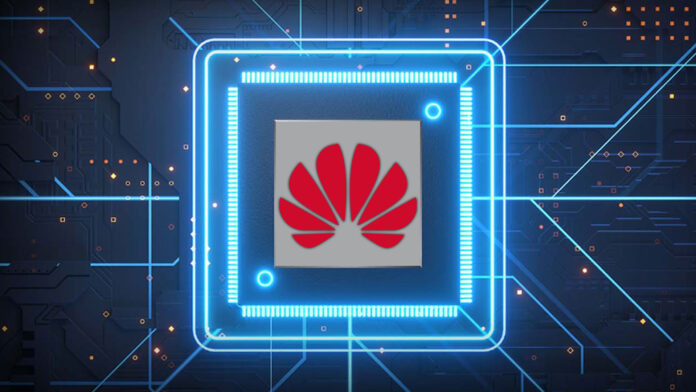
If Huawei succeeds in making mobile chips again, it would mark a major victory for China, which has spent years and money developing a domestic chip industry that is competitive enough to withstand Washington’s sanctions.
In October 2022, the US enacted broad export controls. Recently, Japan and the Netherlands also imposed export restrictions on advanced semiconductor equipment.
To produce chips for Huawei, SMIC will use 7nm technology, the most advanced process in China, although it is still two generations behind the chips used in TSMC's iPhone. In addition, Huawei's chips may not hit the shelves until 2024.
Like Apple, Huawei was once one of TSMC's biggest customers and a leader in applying the latest technology before being banned by the US.
Huawei rotating chairman Eric Hsu said the company will support the domestic chip industry's efforts to become self-sufficient. Earlier, Nikkei reported that Huawei is working with many local partners to build chip manufacturing and packaging plants.
SMIC is also striving for self-sufficiency. Co-CEO Liang Mong Song, a former TSMC and Samsung Electronics executive who is in charge of the chipmaker’s research and development, said that when analyzing a cryptocurrency mining chip in 2022, TechInsights discovered that SMIC had successfully produced 7nm chips.
Nanometers (nm) are the size of each transistor on a chip. The smaller the number, the more advanced and powerful the chip. TSMC and Samsung are in a race to mass-produce 3nm chips.
If Huawei can produce its own chips, it will no longer have to rely on Qualcomm, the only semiconductor company that has been licensed by the US to sell 4G chips to Huawei, according to Donnie Teng, an analyst at Nomura Securities. However, the yield of 7nm chips is still quite low and needs to be improved. In addition, SMIC may face difficulties in expanding capacity due to many export restrictions.
Huawei was once the world’s second-largest smartphone maker after Samsung. But by 2022, its global market share will be around 2%, mostly in China, according to research firm Canalys, down sharply from a peak of 17.6% in 2019.
Chips are essential to all of Huawei’s businesses, from consumer electronics to cloud computing to telecommunications, said Ivan Lam, an analyst at Counterpoint. Despite the cost, Huawei understands that it needs to restore its chip supply, even if it is not as advanced as the industry leaders.
(According to Nikkei)
Source


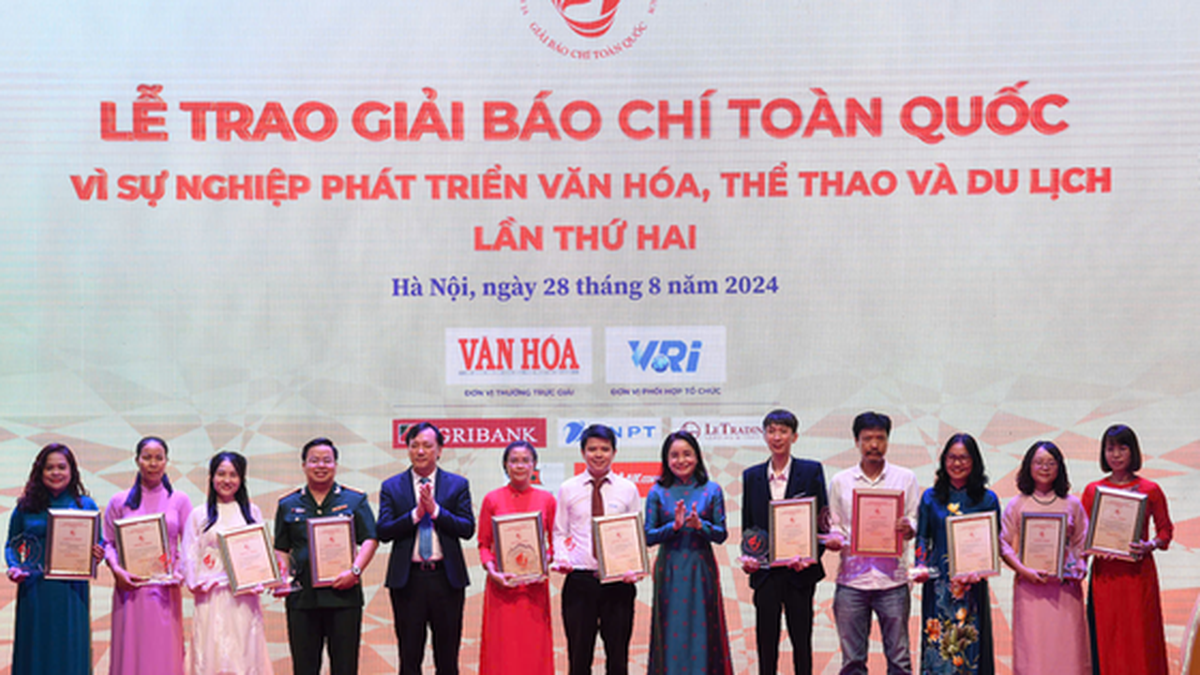

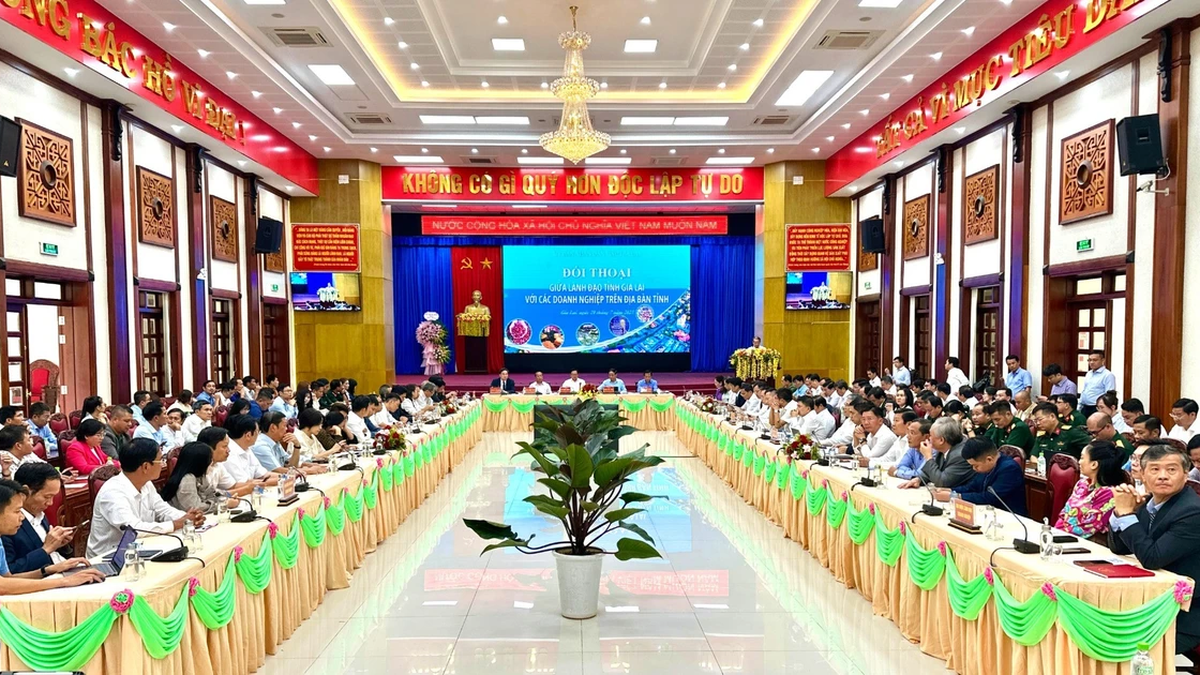
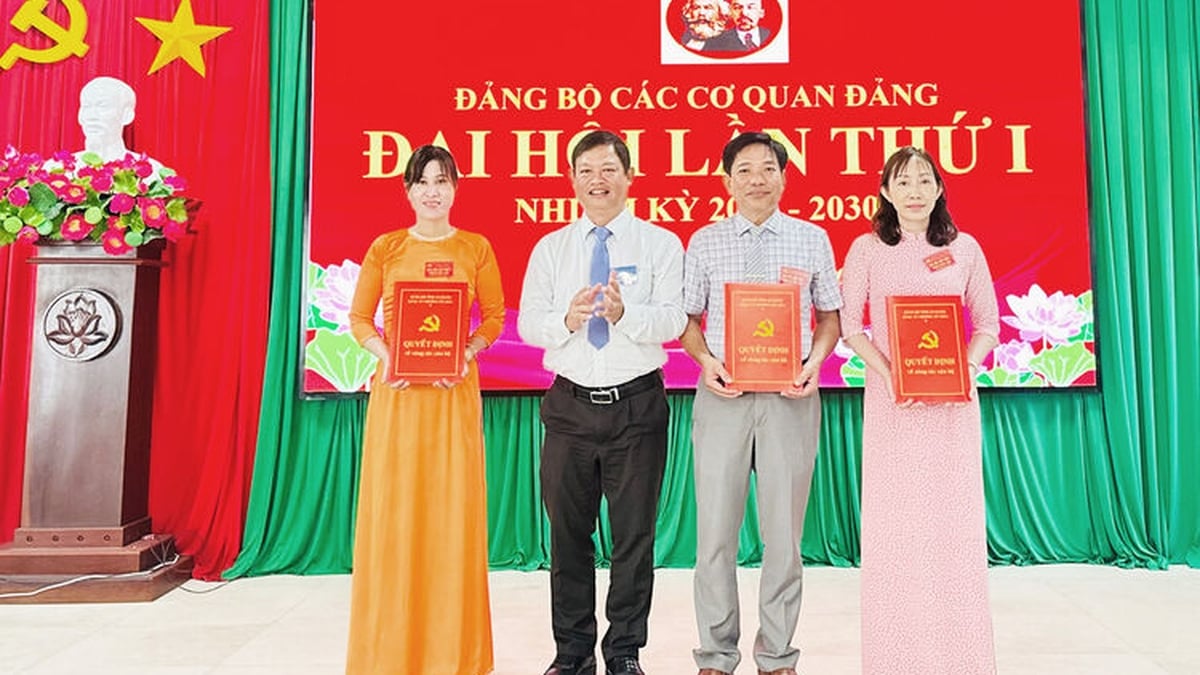
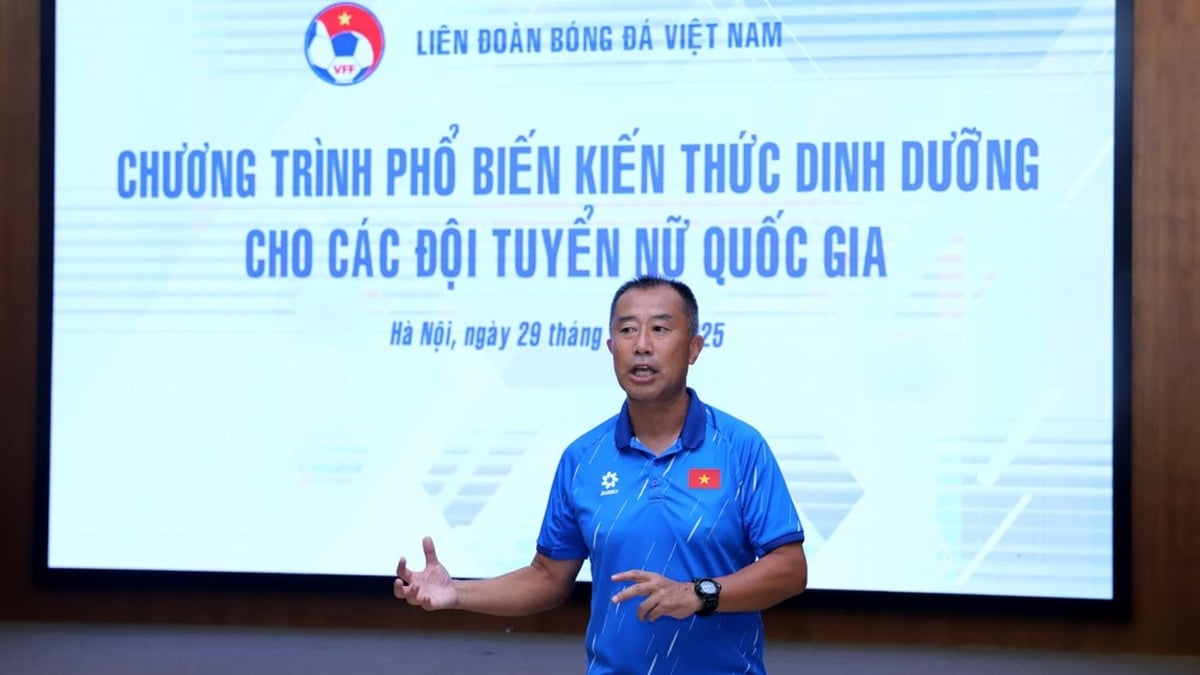

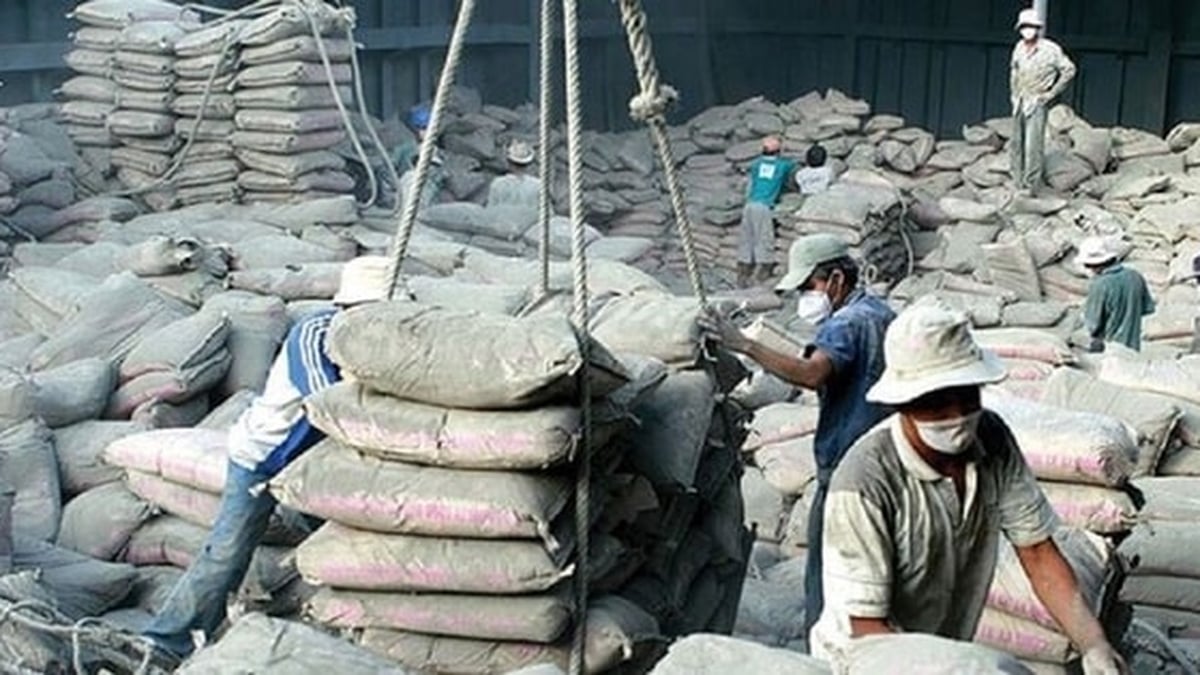


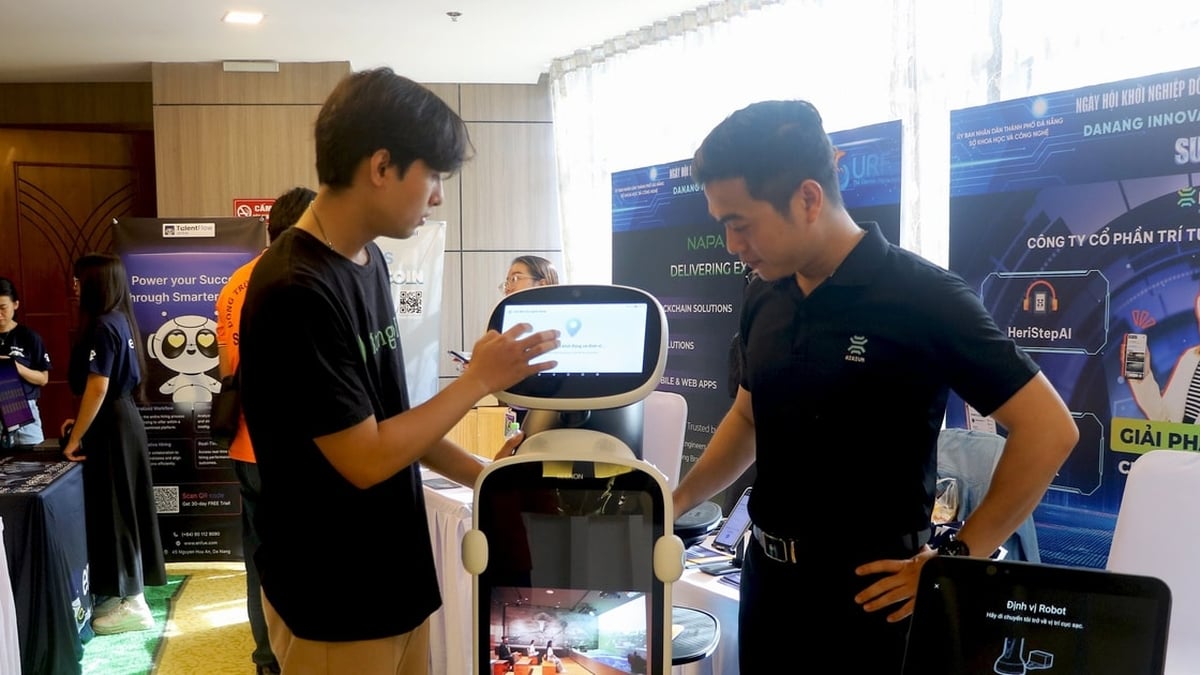


















![[Photo] National Assembly Chairman attends the seminar "Building and operating an international financial center and recommendations for Vietnam"](https://vphoto.vietnam.vn/thumb/1200x675/vietnam/resource/IMAGE/2025/7/28/76393436936e457db31ec84433289f72)































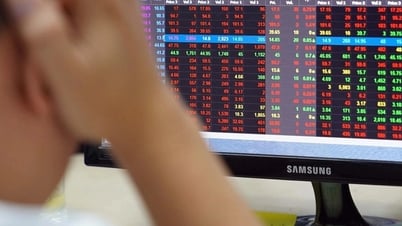





































Comment (0)